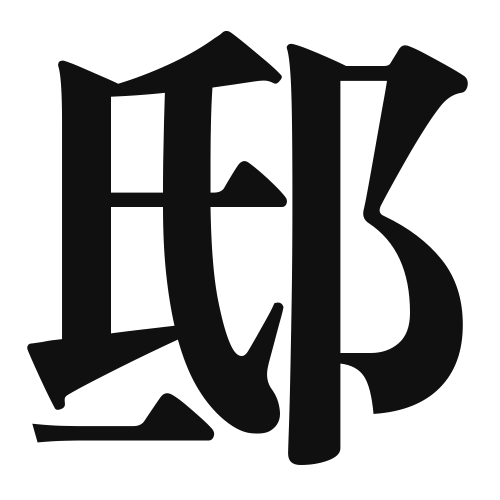1. Overview of Meaning
The kanji “邸” (tei) refers to a residence or a mansion, often implying a large or luxurious house. It is commonly used to denote the home of a person of high status or importance.
2. Origin and Radicals
The kanji “邸” is a compound character that combines the radical “阝” (which relates to hills or mounds) with the character “也” (which can indicate a state or condition). This combination suggests a place of residence situated on elevated ground.
The radical “阝” is often associated with geographical features, reinforcing the idea of a significant or prominent dwelling.
3. Examples of Usage
Common words and phrases that include “邸” are:
- 邸宅 (ていたく, teitaku) – mansion or residence
- 大邸宅 (だいていたく, daiteitaku) – large mansion
Example sentence in daily conversation:
「彼は新しい邸宅に引っ越しました。」(かれはあたらしいていたくにひっこしました。) – “He moved into a new mansion.”
4. Synonyms and Antonyms
Similar kanji with related meanings include:
- 家 (いえ, ie) – house, which refers to a general dwelling without the connotation of luxury.
- 住居 (じゅうきょ, juukyo) – residence, a more formal term for a place where someone lives.
Antonyms include:
- 空き地 (あきち, akichi) – vacant land, which indicates a lack of a dwelling.
5. Cultural and Historical Background
The kanji “邸” has significant ties to Japanese culture, often associated with the homes of feudal lords and wealthy families in historical contexts. It reflects the social hierarchy and the importance of residence in Japanese society.
In terms of proverbs and idiomatic expressions, “邸” may not be as commonly featured, but it embodies the concept of status and prestige in one’s living situation, which is a recurring theme in Japanese literature and culture.
